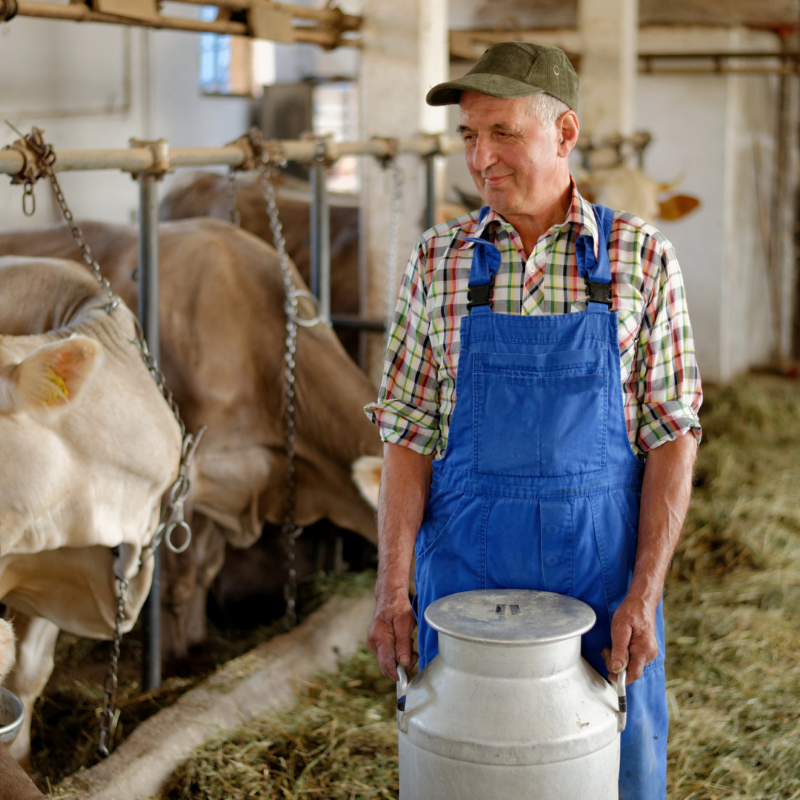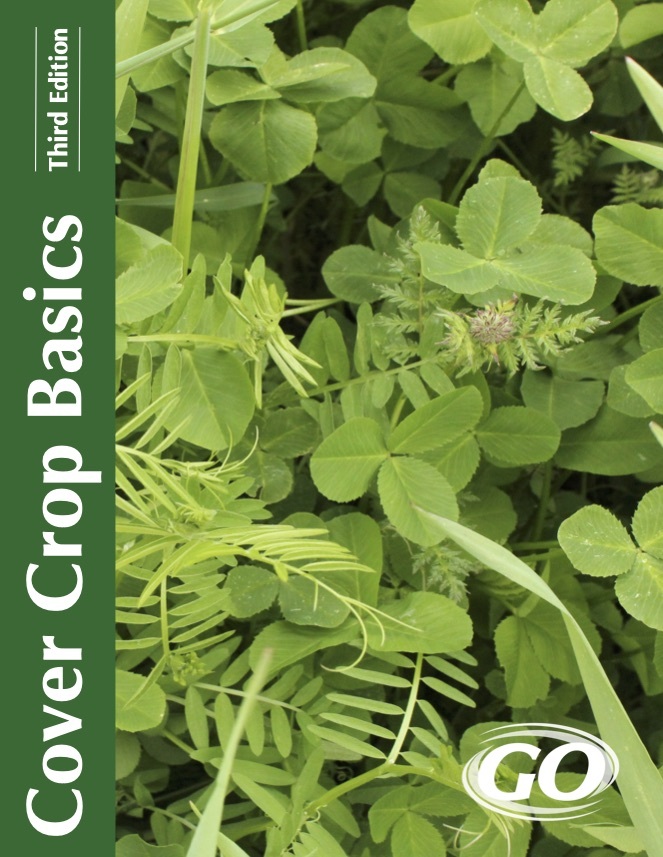Scroll to the bottom for farmer suicide hotline and mental health resources
Farmers are the pillar of American society; however, the pillar is faltering. Without support, we will not get the most basic necessities in life – the food on our table.
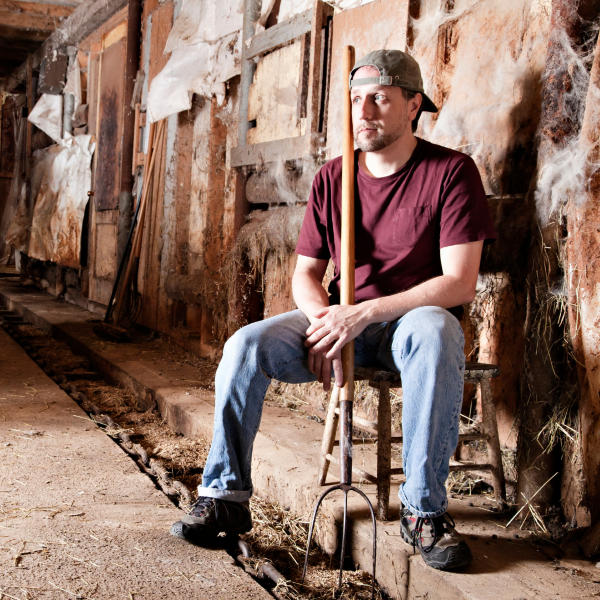
American farming has become dependent on technology and this technology isn’t compensating for the increasing cost of land and labor. Even if America were to outsource all of its farming to a country that has cheap labor, experts agree that the idea is bound to doom.
The loss is already evident because the economic benefit from farming doesn’t go to farmers and consumers. Instead, it is the large companies who are benefiting from the improvement in technology.
As a result, farmers continue to suffer and some try to adapt to a different lifestyle. Every year, 50,000 jobs are available in agriculture but there aren’t enough graduates to fill such vacancies.
The hectic lifestyle leads to mental health problems and stress. Farmers and ranchers continue to burden themselves and the trend may likely continue in the near future.
Farmer Suicide Rates
According to research by the University of Iowa, farmers are almost five times more likely to kill themselves than people working in other occupations. The average occupational suicide rate of all classified occupations is only 0.16 per 100,000 individuals compared to the farmer’s suicide rate of 0.59 per 100,000 individuals. In fact, a farmer is twice as likely to commit suicide than a war veteran.
Experts suggest that the changing climate, high agricultural tariffs, increasing debts, and isolation are the root cause of the problem. When you speak to a farmer, they will tell you that they’re losing income, piling debts, and no one listens to them.
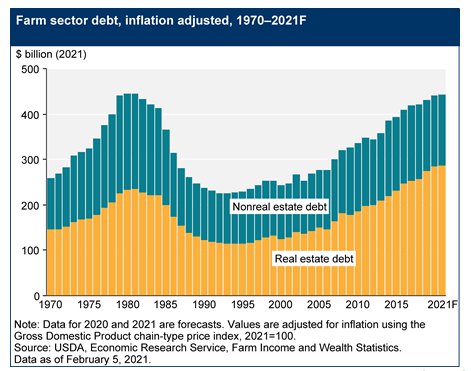
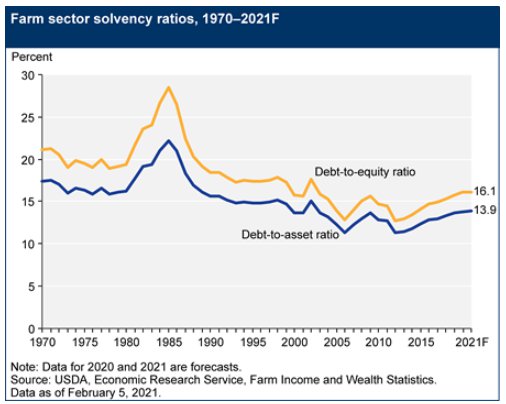
Luckily, it’s not the end of the road. In recent years, experts have found much more about how to support farming communities. The government and private sector have come forward to devise special therapy programs for the agricultural sector. There are renewed efforts to provide subsidies and grants to farmers who are in debt.
Help Is On the Way
If you’re a farmer living under stress and mental health issues, there are more resources to help you than you may have imagined.
Before listing some of the important resources where you can get help, let’s briefly look at the aid that US farmers are getting from their fellow citizens.
In 2019, the farming industry received an unprecedented aid of $22 Billion from the government and private sector. While the amount was the largest in history, it’s also heartening to know that the aid has generally increased every year since the last two decades.
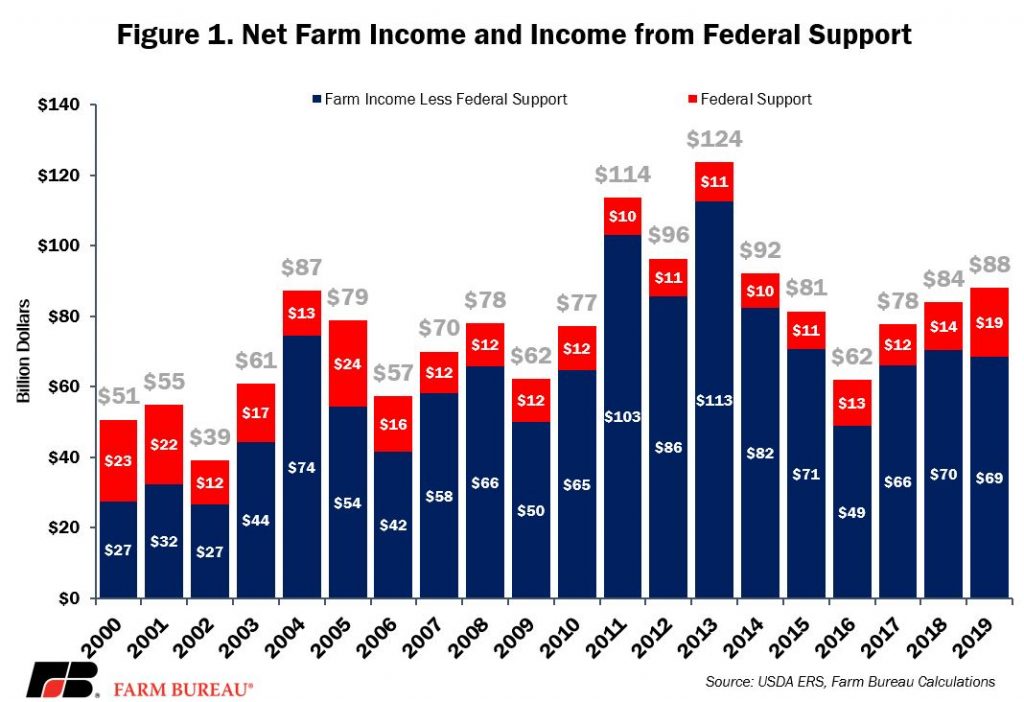
To put it into perspective, the 2019 aid is more than the combined aid to the US auto industry during the 2008 crisis. While the aid to the auto industry was intensely debated in Congress, no one really asked about the farming aid. It’s because Americans have begun to realize that farmers are the mainstay of the US economy.
A good chunk of this aid is allocated to addressing farmer mental health issues. The aid distribution makes sense because farmers usually live in areas with a shortage of mental health professionals and healthcare facilities. It’s also important because a huge majority of farmers believe mental health is the biggest danger facing the industry.
Besides getting moral support, farmers also get financial aid and technical assistance from government agencies such as NRCS. The Cover Crops is another highly successful program that provides incentives and subsidies to farmers. You can also get training, education, and grants from the USDA Extention Service for farmers.
Ethnic Suicide Rates In The United States
The Detox Rehabs team has created a free guide regarding suicide rates among different ethnic groups in the U.S and how substance misuse also plays a role, among other valuable information. Here it is:
https://www.detoxrehabs.net/ethnic-suicide-rates-in-the-united-states/. All of our content is medically reviewed or fact-checked.
In our guide you will find information on:
- suicide rates by ethnicity
- contributing factors to suicide rates
- the connection between substance misuse and suicide
- & much more.
Farmer Suicide Hotline & Resources
To protect yourself from harm and lead a healthy lifestyle, contact the following agencies:
- National Alliance on Mental Illness: NAMI is the nation’s largest grassroots mental health organization. You can call them at 1-800-950-6264 (NAMI). You may also visit one of the nearby NAMI centers at your convenience.
- National Suicide Prevention Lifeline: The network has approximately 160 crisis centers around the nation. You can call 1-800-273-8255 (TALK) anytime 24/7 to receive immediate help at a nearby facility free of cost.
- Crisis Text Line: Text “HOME” for help by sending a message to 741741. In under five minutes, a trained counselor will get back to you and craft a plan to deal with the situation. You can cell them for any type of anxiety and mental health condition.
- Bring Change to Mind: It’s an educational foundation, which offers help by encouraging everyone to talk to others about their problem. The group-focused approach has proven immensely useful. Pick up the phone and text BC2M to 741741 to get started.
- Local Health Hotline: Your State-specific helplines are also a useful source to get help. For instance, Iowa Concern Hotline 1-800-447-1985 offers round-the-clock services related to health issues.
- SAMHSA: Call 1-800-662-4357 (HELP) to talk to a representative at the Substance Abuse and Mental Health Services Administration. The national helpline can help you get free treatment at one of its adult mental health treatment centers.
- Start Your Recovery: Our goal is to offer people a single source of relatable, reliable information at any stage of their recovery journey. Visit https://startyourrecovery.org/
- American Psychological Association: Visit www.apa.org to find a suitable psychologist in your area. You can browse the help page to talk to an expert.
- Local Therapists: You can also locate a local therapist by browsing the online directory of a useful website such as PsychologyToday.com and InclusiveTherapist.com.
Here is a short but extremely inspirational video of an Ohio farmer, Nathan Brown, which will certainly help you take action.
You should understand that people and the government are ready to help. Don’t give up hope yet because it doesn’t hurt to tell your problems to someone who cares. Pick up the phone and take a step towards a better future

